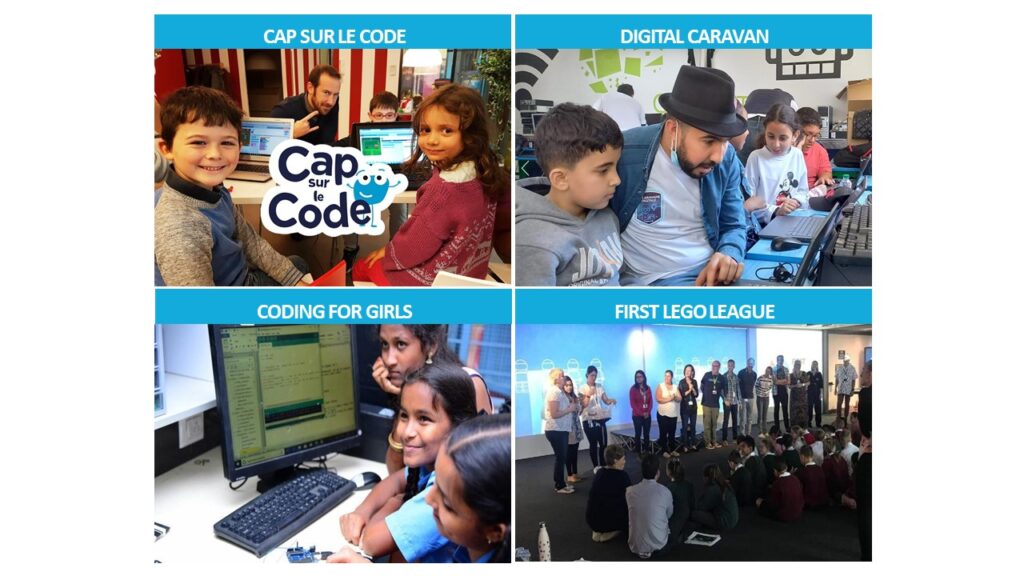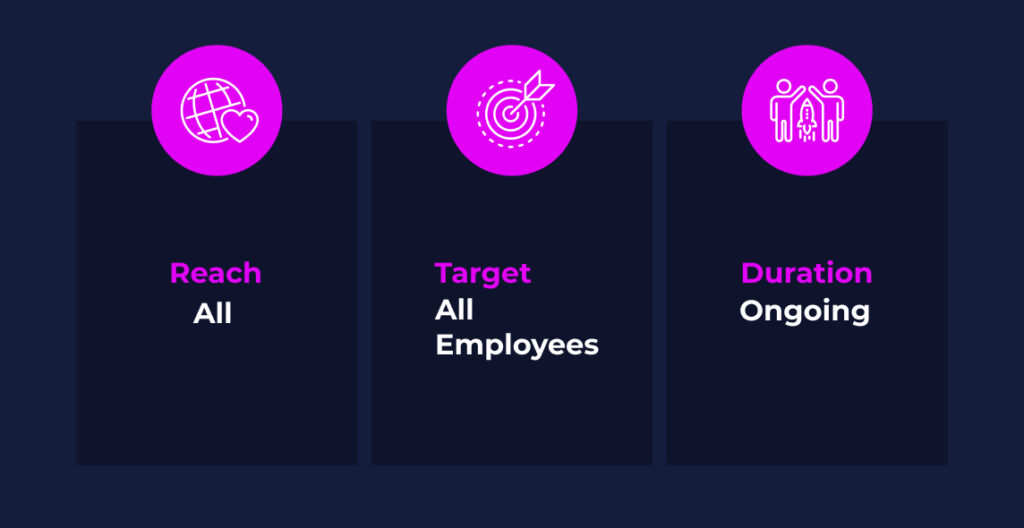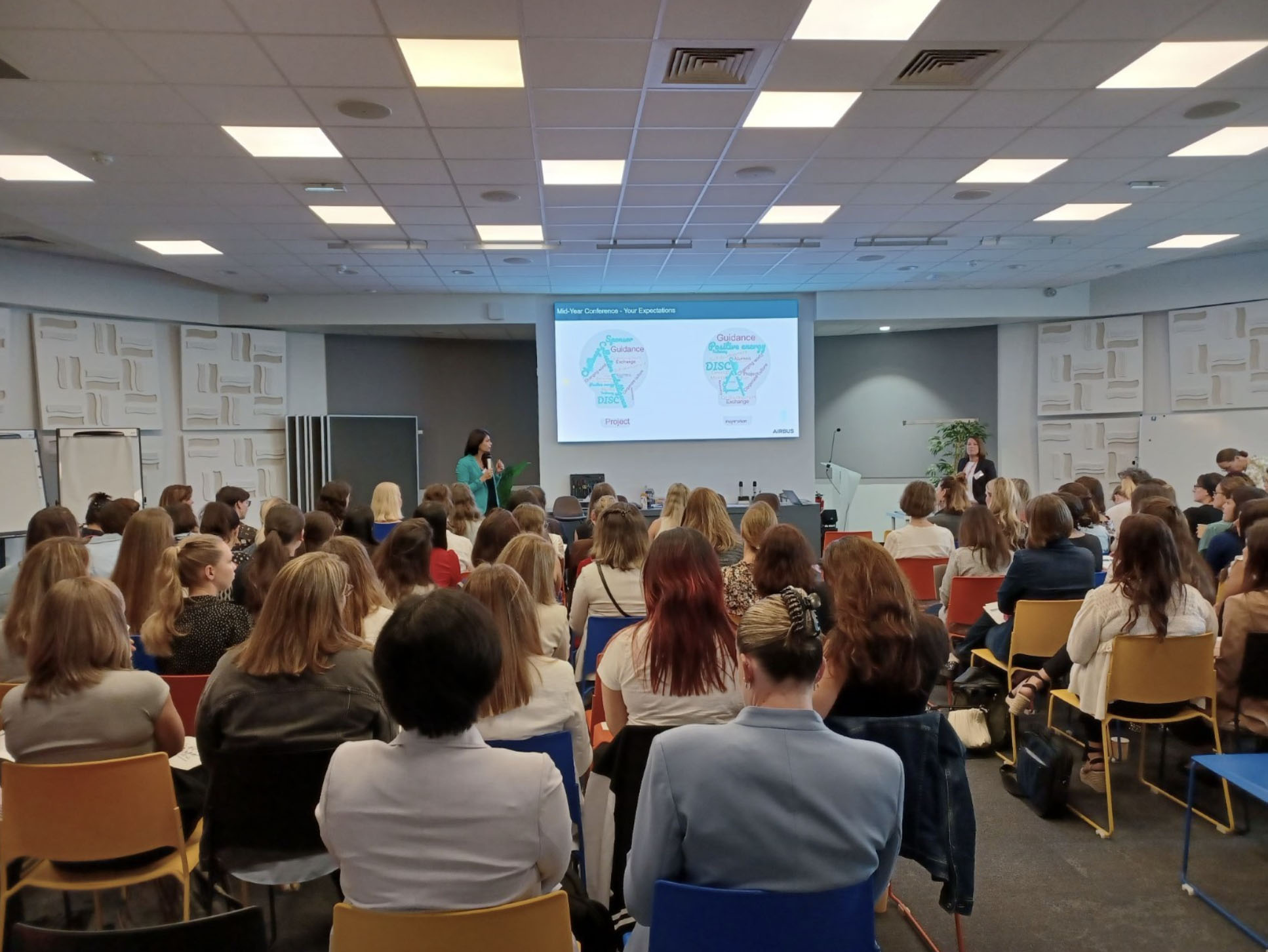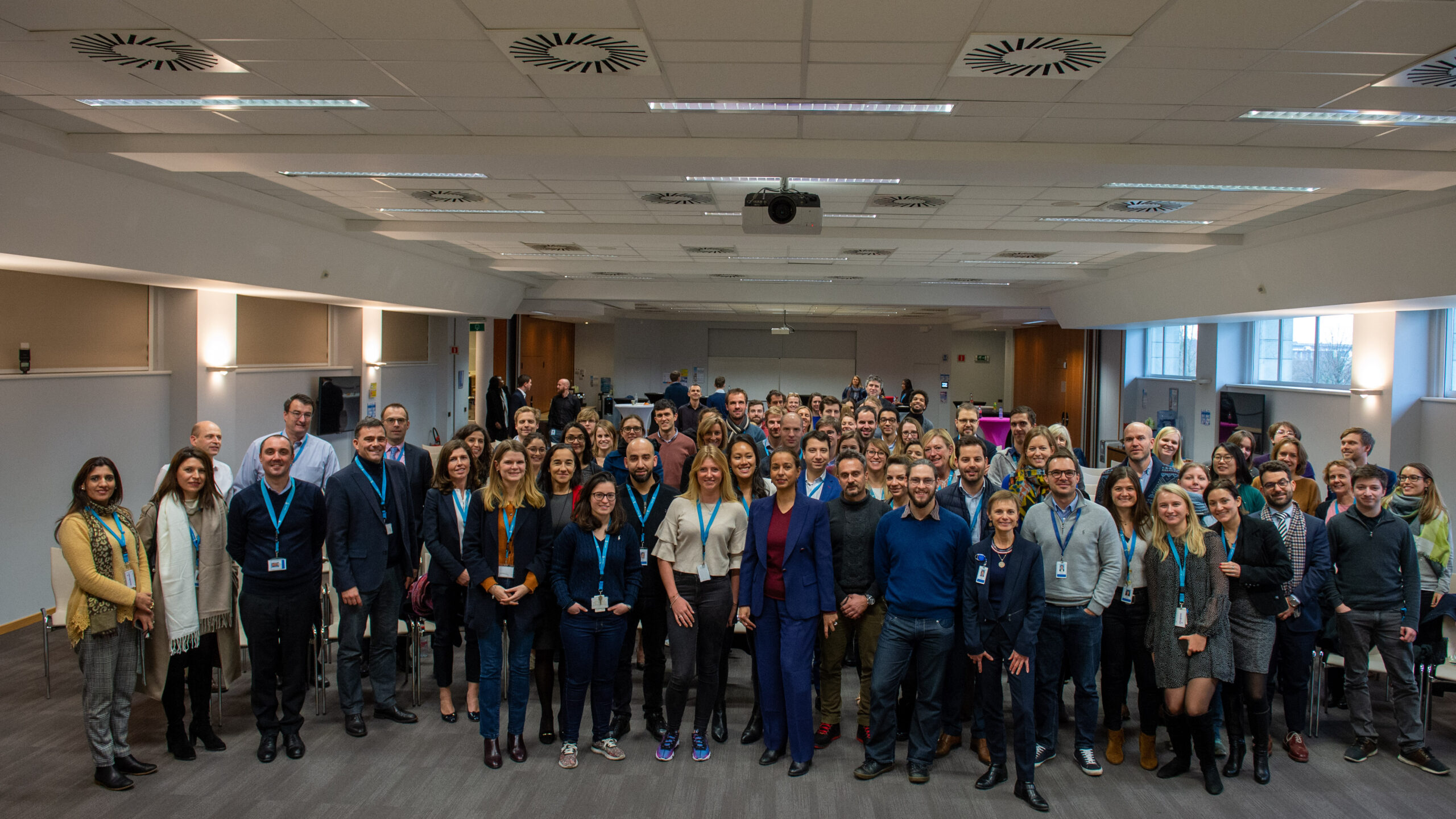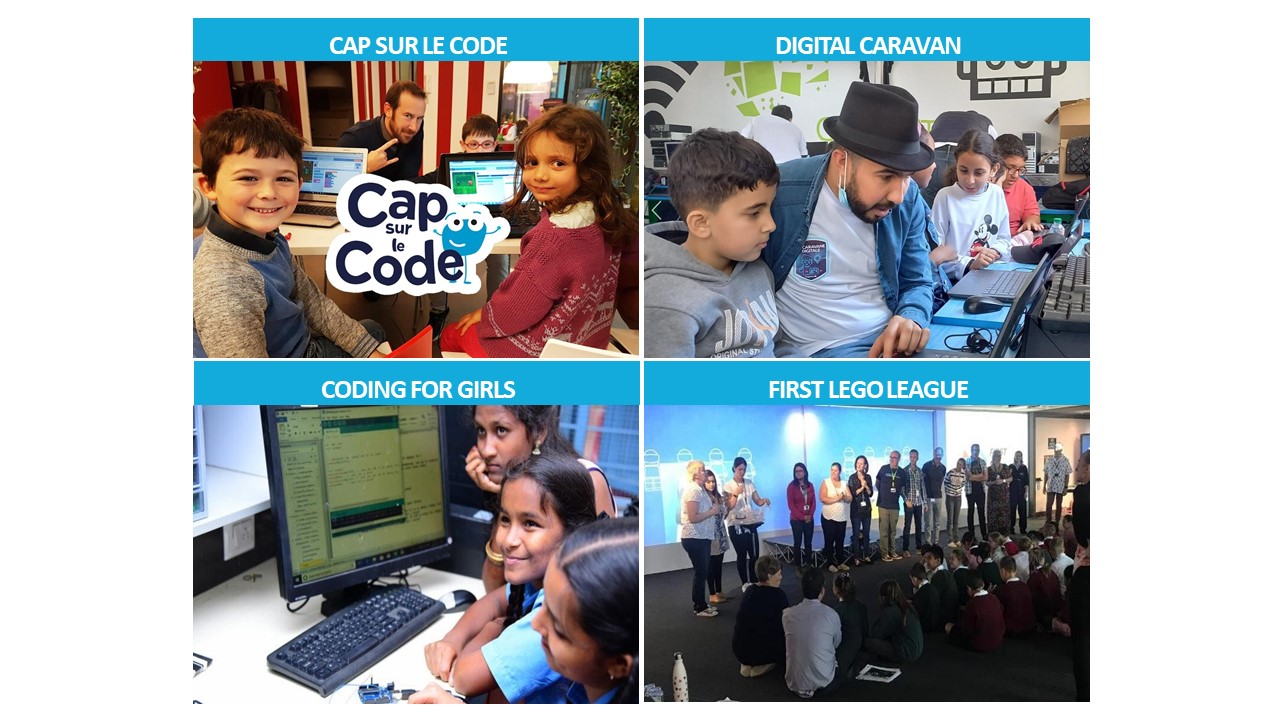

Growing future ACE of STEM
What did you want to achieve?
Through our ACE of STEM program, we are committed in promoting diversity and inclusion by building a sustainable talent pipeline in STEM, with a specific emphasis on girls and young women.
We also aim to bridge the gap for underrepresented groups with limited access to quality education, particularly girls from marginalised communities. By enabling women graduates in engineering to pursue careers in technology, we strive to increase their participation in the engineering sector, while contributing to the economic and social development.
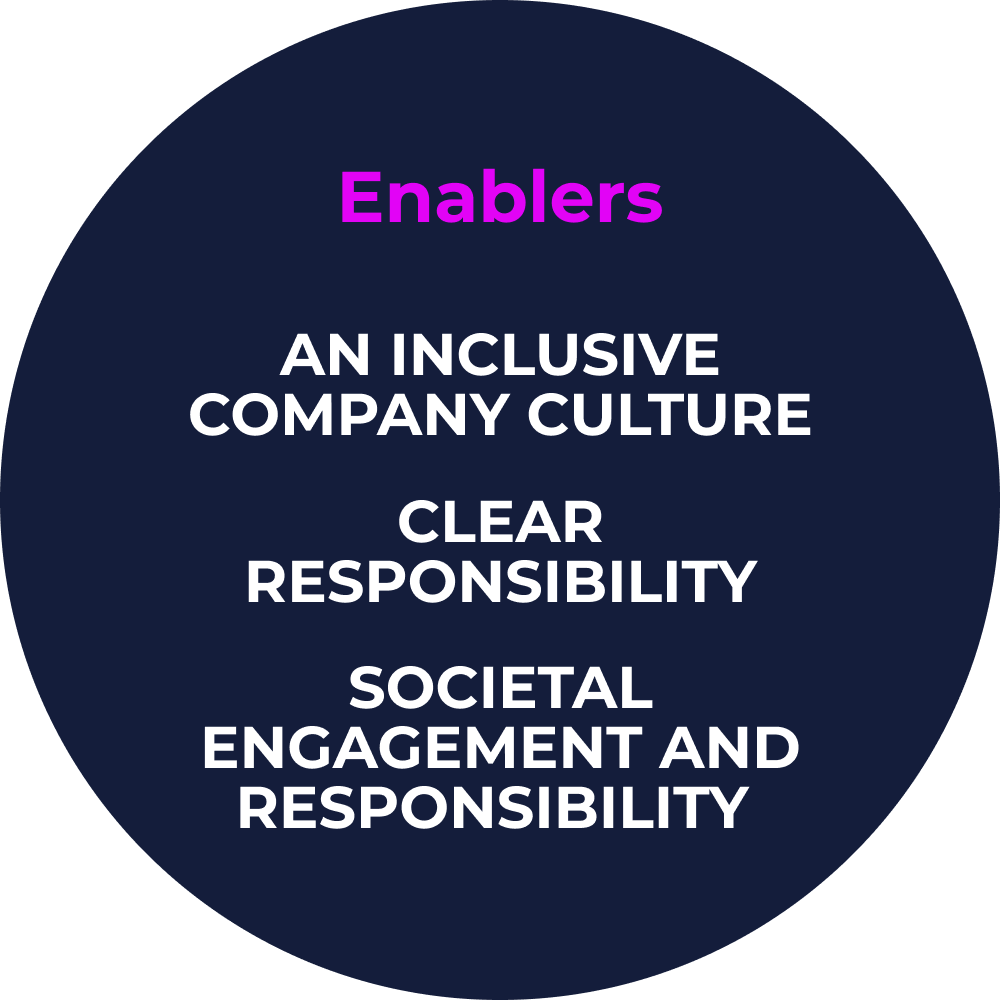
What did you do?
At Capgemini, significant actions are taken to address the under-representation of girls and women in STEM:
- Debunking Misconceptions: Programs like “Digital Caravan” in Morocco and “Grant project” in Poland introduce STEM to young children and adults, dispelling misconceptions about women in tech.
- Equipping Students with STEM Skills: Initiatives like “Cap sur le Code” in France, “You Code” in Morocco, and “SRF – Coding for Girls” in India, where we teach coding, empowering girls with essential STEM skills.
- STEM Skill Competitions: We organise and participate in competitions, such as the “Girls in Science Program” in Denmark, “Digital Page Hackathons” in the United States, and “First Lego League” in the United Kingdom.
- Mentorship Programs: We provide excellent mentorship to high school and college girls, helping them choose the right STEM majors based on their interests and abilities.
- Employee Mentorship: We encourage our employees, particularly women, to provide mentorship to young students through initiatives like “Marrainage” in France and “Technovation” in Spain.
These actions, supported by external partnerships and dedicated volunteers, contribute to our ACE of STEM program’s goal of creating an inclusive environment in STEM and building a sustainable talent pipeline, specifically focusing on girls and young women.
What are the results so far?
At Capgemini, we have implemented 80 active projects impacting 17,000 beneficiaries across 13 countries, including Denmark, France, Germany, India, Italy, Morocco, Poland, the United States, and the United Kingdom, which focus on promoting STEM among girls and young women.
What have you learned?
Capgemini’s success factors and learnings from its initiatives are as follows:
- Long-term Commitment: Our unwavering investment and dedication to promoting STEM among girls and young women ensure a lasting impact, tackling systemic barriers.
- Holistic Approach: Taking a comprehensive approach that encompasses role modelling, mentorship, skill development, and awareness building inspires girls to pursue STEM fields and generates a significant impact.
- Scalability: Expanding our initiatives through the ACE of STEM program allows us to extend our reach, collaborate with external partners, and involve colleague volunteers, amplifying our impact.
These factors have been instrumental in propelling our achievements and will remain influential as we strive to foster a STEM community that is even more inclusive and diverse.
